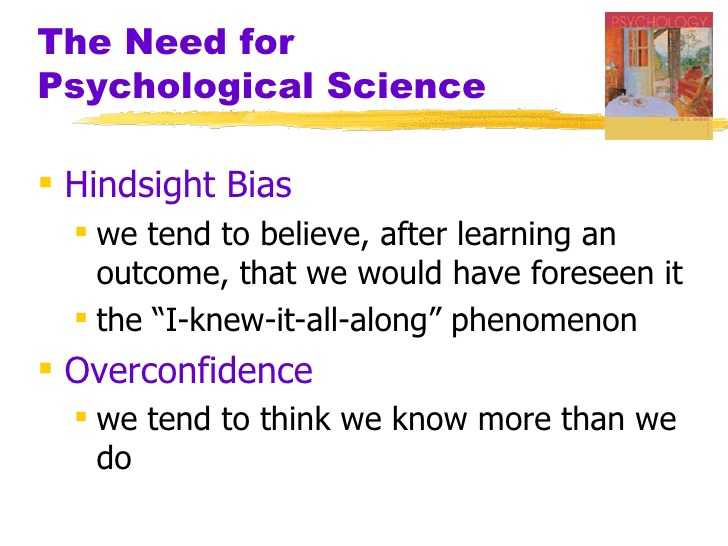A GENERAL IDEAS OF WESTERN PHILOSOPHY
Wonder is said to be the origin of philosophy. In the early human life on this planet, when a man was struck with wonder at the natural phenomena or when he found complex and conflicting phenomena in life and was filled with discontentment at the existing order of things, it was the beginning of philosophy. While the philosophy of Vedas began in wonder, the philosophy of Gautam Buddha began in discontentment with the miserable world. In the West, the early beginning of philosophy was in wonder, while the modern Western philosophy had its origin in doubt. This wonder and doubt gave rise to several types of problems.
Some examples of the philosophical problems are
What is the real nature of man? What is the end of this life? What is the nature of this world in which he lives? Is there any creator of this world. These are some of the many problems taken at random, which we find agitating the human mind in every land, from the very dawn of civilization. Western philosophy has removed more or less true to the etymological meaning of ‘philosophy’ in being essentially an intellectual quest for truth.
The Development of Western Philosophy
In the history of Western philosophy we find that as human knowledge about each of the different problems mentioned above began to grow, it became impossible for the same man to study everything about every problem. Division of labor or specialization became necessary and a group of a man devoted themselves to a particular problem or a few connected problems. There came into existence in this way the different special sciences. Physics, Chemistry, Botany, Anatomy, Geology, and similar sciences took up each part or aspect of the world of nature. Physiology, Anatomy, and other medical sciences devoted themselves to the different problems of the human body. Psychology began to study the problems of the human mind. The detailed study of any particular problems with which philosophical speculation originally started became thus the subject matter of the special sciences. Philosophy then began to depend on the reports of the investigation made by the different sciences, tried to understand their meanings and implications critically, and utilized these results for understanding the general nature of the universe - man, nature, and God.
Divisions of Western Philosophy
Historians of philosophy have divided Western Philosophy according to their convenience. We shall divide the Western Philosophy into Greek, Medieval, Modern, Post-Kantian, Metaphysicians, and the 20th Century philosophy.
- Greek Philosophy: Ancient Philosophy
- Medieval Philosophy 400-1500 A.D.
- Modern Philosophy Post-Kantian Philosophy.
- 20th Century Philosophy.
Methods of Philosophy
A method for any science is a necessity. The method in philosophy is a systematic and consistent way of attaining philosophical knowledge. What our method is going to be largely determined by our attitude to philosophy. Those who look upon philosophy as a universal science may think that a method of philosophy like a method of science is empirical. Others looking upon philosophy as an intellectual pursuit may treat a method of reason as the method of philosophy.
The different methods of philosophy are as follows:
Dogmatism
This method of thinking consists in assuming certain “fundamental principles as self-evident and axiomatic, without explanation or proof, and deducing conclusions from these unproved premises”. It also carries on its investigations without a previous criticism of uses. In other words, without criticizing the quality of knowledge and without determining how we know things, it at once hastens to interpret the objects of the world. Hence in this method of thinking the mind is too busy with its objects to attend to itself.
Empiricism
According to Empiricism, all knowledge, whether scientific or philosophical, is entirely built up of sensations and materials derived from sensations. It holds that the mind of every man at the time of birth is like a blank sheet of white paper (a tabula rasa) on which the impressions coming from the outside are imprinted in the form of experience.
Skepticism
It results from carrying empiricism to its most extreme and consistent form. Because, if we once admit that we can have no genuine knowledge beyond what can be compounded out of the materials of sensations and feelings, it follows that we cannot have not only any understanding realities outside of and apart from our own sensations and feelings but also any certain knowledge that such things exist as all. Hence, our idea of substances, mind, matter, and God cannot be known for certain to correspond to realities, existing independently of our ideas. Not only can we know nothing about the real nature of such meta-physical or transcendental realities, but also we cannot even know for certain that they have any existence. In its extreme form, skepticism denies the certainty of all knowledge.
Criticism
Criticism is the method that bases all philosophical speculation upon a critical inquiry into the nature, origin, and limits of knowledge. According to this doctrine, the true philosophical method must be critical. Before we enter into philosophy, we must hold a thorough inquiry into the antecedent conditions of knowledge and the precise filed and range of its operations. By thus ascertaining the scope of knowledge, criticism helps us in determining the range of philosophical investigations.
Rationalism
It is a method that consists of showing that sensations and feelings can only give the materials of knowledge and that such materials do not constitute knowledge unless they are interpreted by reason. Hence, according to this method of thinking, knowledge is a product, not of experience alone, but of reason interpreting experience. Thus, this form of thinking gives a prominent place to reason, and a subordinate one to sensations and feelings in the structure of knowledge.
Dialectical Method
Dialectic is a natural method of philosophical thinking. It is a commonplace experience that when we think over a problem we arrive at certain positive facts. This is the thesis. Now, after some time we come to know some facts which are contradictory to the thesis; this is the antithesis. Thesis and antithesis cannot live together for long hence they are synthesized into a synthesis. This synthesis arrived through anti-thesis is more comprehensive than the original thesis. Thus, knowledge grows in a dialectical process through thesis, antithesis, and synthesis.
Modern Methods
The Pragmatists adopt the pragmatic method. The New Realists adopt the method of intellectual analysis. The Logical Positivists adopt the method of linguistic analysis and empirical verification. The naturalists adopt the naturalistic methods of observation and experiment.
The meaning of the word ‘philosophy’ is a ‘love of learning’. It signifies a natural and a necessary urge in human beings to know themselves and the world in which they ‘live and move in their being’. Western Philosophy has remained more or less true to the etymological meaning of ‘philosophy’, in being essentially an intellectual quest for truth. Indian Philosophy has been, however, intensely spiritual and has always emphasized the meaning of practical realization of truth.
POST BY




Thanks for sharing this Article. Health Wellness
ReplyDeleteThank you.
DeleteWow, What a Great Site, All of the Health Related Posts Are So Informative for People With Review. I Liked it ! Please Feel Free to Visit. Thanks for Sharing....
ReplyDeleteFOR MORE DETAILS CLICK BELOW LINK
BSY NONI JUICE
Thanks for sharing informative content with us. Very helpful. Get to know about the best medical scanning lab in Kerala.
ReplyDelete
ReplyDeleteI simply wanted to write down a quick word to say thanks to you for those wonderful tips and hints you are showing on this site. first aid box online